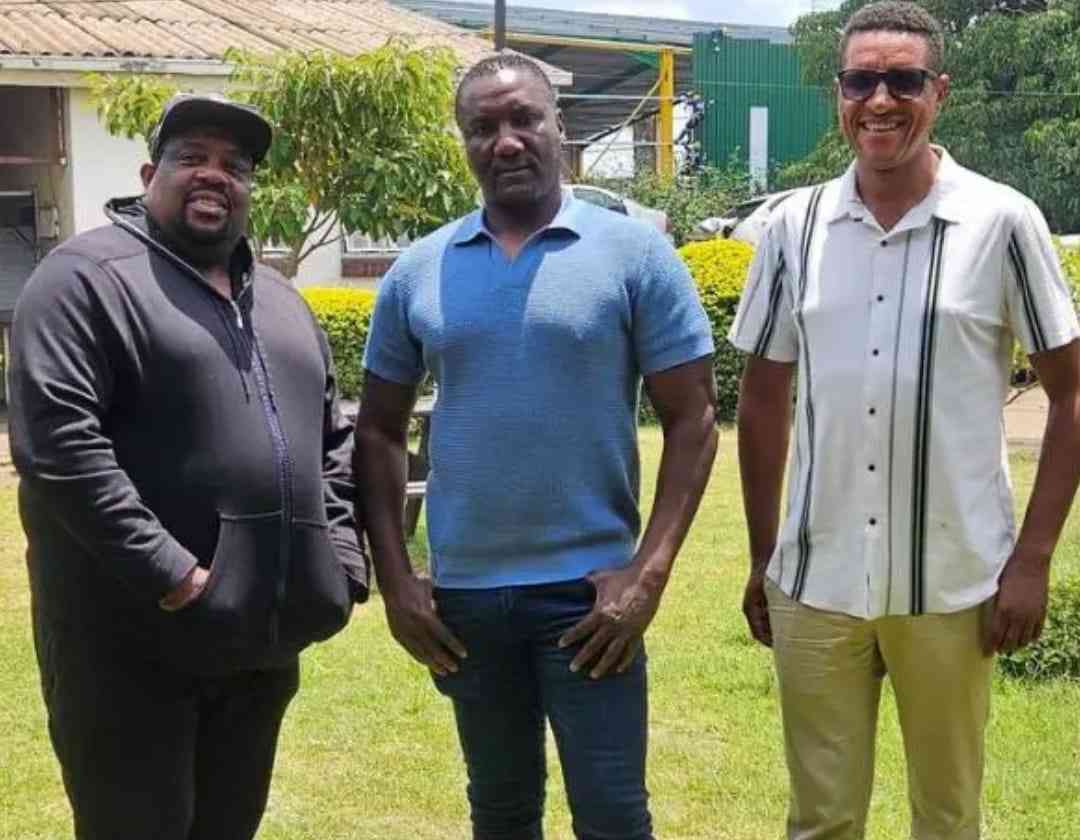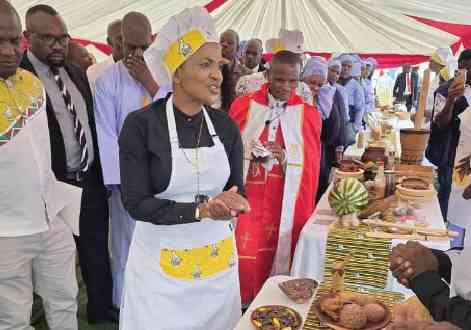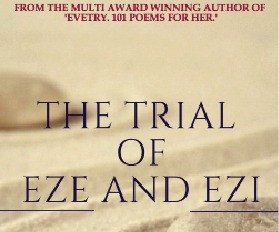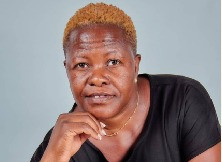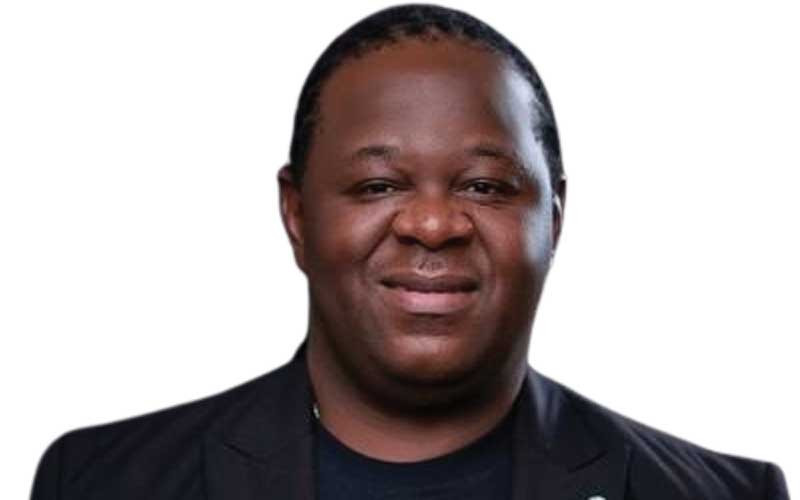
The Zimbabwean music scene is embroiled in a series of ugly copyright disputes, with accusations flying and emotions running high.
This first involved dancehall artist Jah Signal, who faced a copyright claim from gospel singer Pastor Charles Charamba and his wife Olivia. While they ultimately reconciled, the incident opened a Pandora's Box of similar accusations.
Winky D, another prominent musician, recently found himself at the centre of a copyright infringement claim for two songs produced by Kenako Muzik in 2014.
The label alleges Winky D violated their agreement and demanded royalties, even going so far as claiming the songs on YouTube.
Similar accusations have been levelled against other artists, including Shashl, who was accused by producer Nicky Genius of withholding royalties for the song "Deepisa."
The producer claimed he wrote and produced the song without receiving proper credit.
Saintfloew has also faced his share of copyright issues. His song "Bipolar" was removed from YouTube by OCD (Off Centre Dept.), who claimed they purchased the rights in 2022.
Another of his tracks, "Pamwe Wanga Usingade," was also taken down after a producer alleged Saintfloew took full credit for the song, ignoring their contributions.
- Religion: Overcoming doubt and unbelief
- Winky D dominates Trevor’s In Conversation
- Religion: Overcoming doubt and unbelief
- Winky D dominates Trevor’s In Conversation
Keep Reading
Amidst this growing controversy, author and social activist Marshall Shonhai took to social media to highlight the underlying problem: the lack of crucial infrastructure in the Zimbabwean music industry.
He pointed out the absence of proper labels, publishers, promoters, songwriters, legal representation, artist management, recording studios, and distribution channels, which all contribute to the current chaos.
“The local music industry "died" due to the disappearance of record labels. The traditional record label model largely collapsed in Zimbabwe due to piracy, economic challenges and a few other reasons. This left individual artists to handle the business side of music which they often lack the resources or expertise to do effectively.
“The majority of our artists and "industry players" have limited music business education; many artists (and their managers) lack the knowledge and skills needed to navigate the business of music. This makes them vulnerable to exploitation, making elementary mistakes and limits their ability to build sustainable careers, “said Shonhai.
In a post on Facebook Zimbabwe Music Rights Association (Zimura) executive director Polisile Ncube said artists should register with an internationally recognised collecting society like the Zimbabwe Music Rights Association who can help artiste be knowledgeable on how to monetise their artistic works so collecting societies are there for the artiste.
"Collective management organisations are organisations that were established to protect the copyrights of music composers, writers, producers and publishers these organisations came by after the realisation that artiste could not follow everywhere their music when it is being used at the same time this is because music can be used in different establishments at the same time so artiste is supposed to collect royalties from these establishments and collecting societies will do it for them ," she said.
National Arts Council of Zimbabwe Harare Provincial arts manager William Ndinde asserted that music should be treated as a business like any other facet of the economy.
“Music needs robust formalization with creatives operating professionally bound by industry ethics that inter alia include robust unions, chambers, associations just like any other profession. The issue of contracts is very pertinent.
“These include performance contracts, contracts with recording studios and so forth. Contracts with recording studios need to be water-tight with specific obligations and rights.
“That way there will be no arguments involving creatives and recording studios. Key to the issue of contracts is the termination clause and its attendant ramifications.
“A smart contract is a panacea to the arguments you are raising .
"If you want to hide something from most people, write it in a book" aptly describes what happens with most creatives including musicians.
“Issues of intellectual property rights and their infringement are very key.
“Creatives must strive to be conversant with copyright matters, inclusive of other rights as well. They must seek the services and advice of specialist organisations like WIPO, ARIPO, ZIPO and Ministry of Justice Patent Office in their quest to grasp and fully understand these matters, “said Ndinde.
Seasoned guitarist Clive Mono Mukundu said: “The Charambas were justified and Zimbabweans exhibited high levels of ignorance with regards to the matter.”
“I was truly surprised by the level of ignorance surrounding copyright laws. Many well-known individuals, including musicians, seemed to be proudly displaying their lack of knowledge. I had not anticipated just how uninformed Zimbabweans are about copyright matters.
“Most people lack knowledge about copyright law and refuse to participate in workshops, subsequently showcasing their lack of understanding through vocal displays on social media.”
Mukundu suggested ways to curb the copyright saga: “They must read about it, all the information on the internet and books and it’s also necessary for artists to attend awareness workshops.
“This case was a straightforward matter, Charamba’s music was plagiarised without his permission, and he had complete justification to pursue legal measures. Insulting him reflects an extreme level of ignorance and disrespect.”

